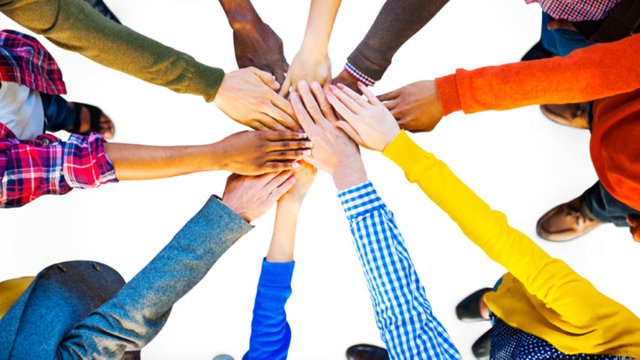Helping Helps Your Health
At present, I would say that the most general rule is that the more well-being a person experiences, the happier, healthier and more social life they enjoy. On the other hand, the less well-being a person experiences, the lower in social status, self-confidence and overall health they tend to be. This seems to be based on the vicious feedback loop where the more unhappiness a person experiences, the less satisfied they tend to feel with life.
If we apply the common sense principle of donating time, money and efforts to the well being of others, whether through religious, cultural, or social organizations, we would be a little amazed at what we find. In many cultures, it seems that donating to community organizations is a true pleasure for the individual and a guarantee of happiness for the recipient. Those who actively donate money, time and effort to community organizations may even add substantial health benefits for the recipients of their donations.
The key in better understanding "happiness" is to know how happiness relates to character, health, emotional well-being, and personal values. We may lose "happiness" and well-being because we neglect to promote a healthy and happy attitude and to always be encouraging people to be themselves instead of trying to be the things other people are.
Therefore, without addressing the causes and effects of socialization through family/social setting upon an individual's well-being, it is impossible to understand or empirically demonstrate the progression of well-being. This line of research does not provide evidence that individual or family socioeconomic circumstances, education, upbringing, culture or environment can determine the course of an individual's well-being.
Research tells us that our relationships are the basis of who we are. The more we interact with others, the more of who we become. This is because, while we are more than capable of serving ourselves, we can more easily serve others, and when we can service others, we grow. Moreover, the more we are able to understand the other person and connect with them on a human level, the stronger our mind will become.
If people in general were to take the best of everything out of life, then if the habits of well- being were to be objectively measured with numbers, we would have an incredible, world-class physician species on the planet. After all, if this truly were to be the case, there would be some global collective who would be quite content with their lives. However, our brains are not doing this. Instead, it seems like our evolutionary history has programmed us to like what is pleasant to it.
This leads me to the conclusion that our ultimate goal for ourselves and society is to insure that all people be content. This is true of everyone, including those who are not in the business of assisting others. In addition, anyone who desires the social cohesion, along with the well-being of others, should participate in the process.

